content of level

What Are the Five Pillars of Islam?
The Five Pillars of Islam are the framework of the Muslim life. They are the testimony of faith, prayer, giving zakat, fasting during the month of Ramadan, and the pilgrimage to Makkah once in a lifetime for those who are able.
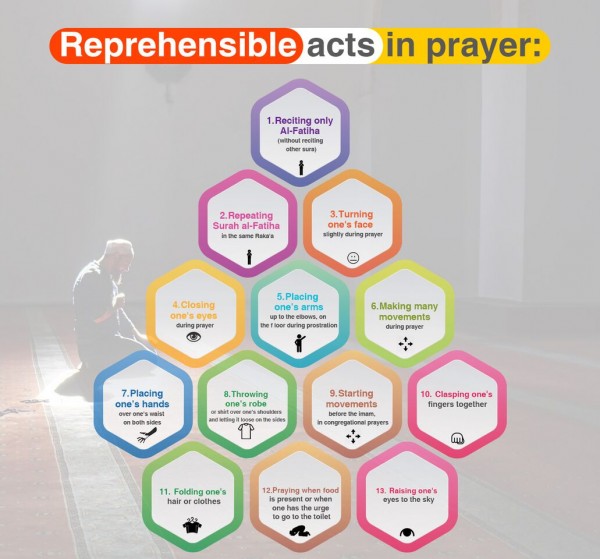
Reprehensible acts in prayer
Reprehensible acts in prayer: 1-Reciting only Al-Fatiha (without reciting other sura) 2-Repeating Surah al-Fatiha In the same Raka’a 3-Turning One’s Face Slightly during prayer 4-Closing one’s eyes during prayer 5-Placing one’s eyes Up to the elbows on the floor during prostration 6- Making many movements during prayers 7-Placing one’s hands over one’s waist on both sides 8-Throwing one’s robe or shirt over one’s shoulders and letting it loose on the sides 9-starting movements before the imam, in congregational prayers 10-Clasping one’s fingers together 11-Folding one’s hair or clothes 12-Praying when food is present or when one has the urge to go to the toilet 13-Raising one’s eyes to the sky
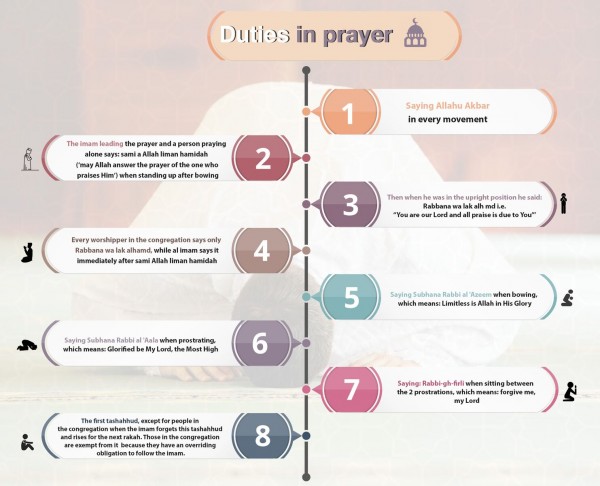
Duties in prayer
Duties in prayer 1-Saying Allahu Akbar in every moment 2-The imam leading the prayer and a person praying alone says : sami a Allahu liman hamidah (`may Allah answer the prayer of the one who praises Him`) When standing up after bowing 3-Then when he was in the upright position he said: Rabbana wa lak alhamd i.e “You’re our lord and our praise is due to You” 4-Every worshipper in the congregation says only Rabbana wa lak alhamd, while al imam says it immediately after sami Allah liman hamidah 5-Saying Subhana Rabbi al’Azeem when bowing which means :Limitless is Allah in His Glory 6-Saying subhana Rabbi al’Aala when prostrating, which means : Glorified be my Lord, the Most High 7-Saying; Rabbi-gh-firli while sitting between the two prostrations ,which means :forgive me , my Lord 8-The first tashahhud except for people in the congregation when the imam forgets this tashahhud and rises for the next rakah . Those in the congregation are exempt from it because because they have an overriding obligation to follow the imam
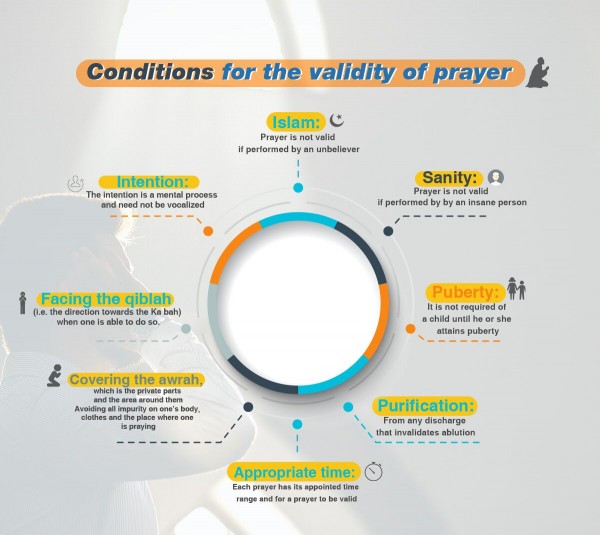
Conditions for the validity of prayer
Conditions for the validity of prayer Islam: Prayer is not valid if performed by an unbeliever Intention: The intention is a mental process and need not to be vocalized Facing the qiblah: (i.e the direction towards the Ka bah) when one is able to do so Covering the awrah: Which is the private parts and the area around them avoiding all impurity on one’s body ,clothes and the place where one is praying Appropriate time: Each prayer has its appointed time range and for a prayer to be valid Purification: From any discharge that invalidates ablution Puberty: It is not required for child until he or she attains puberty Sanity: Prayer is not valid if performed by an insane person
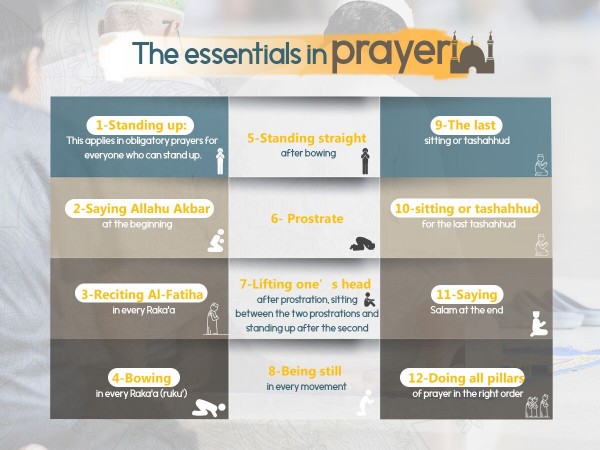
The essentials of prayers
The essentials of prayers 1-Standing up: This applies on obligatory prayers for every one who can stand up. 2-Saying Allahu Akbar At the beginnig 3-Reciting Al-Fatiha in every Raka’a 4-Bowing in every Raka’a (ruku’) 5-Standing straight after bowing 6-Prostrate 7-Lifting one’s head after prostration , sitting between the two prostrations and standing up after the second 8-Being still In every moment 9-The last Sitting for tashahhud 10-Sitting for Tashahhud For the last tashahhud 11-Saying Salam at the end 12-Doing all pillars Of prayer in the right order
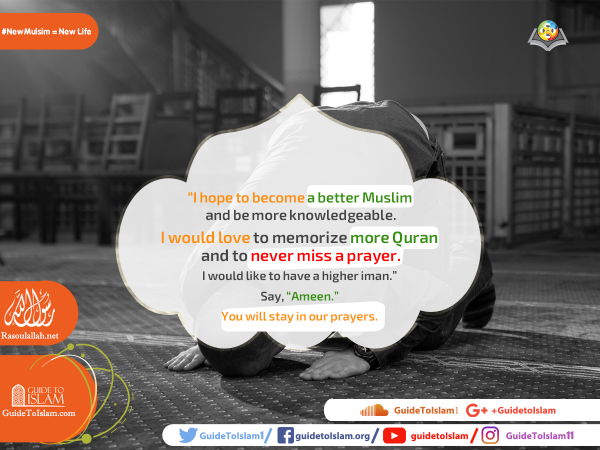
Prayers of Muslim
“I hope to become a better Muslim and be more knowledgeable. I would love to memorize more Quran and to never miss a prayer. I would like to have a higher iman.” Say, “Ameen.” You will stay in our prayers.

Importance of prayers
Build your relationship with God by enhancing the quality of your prayer and feel the greatest contentment ever
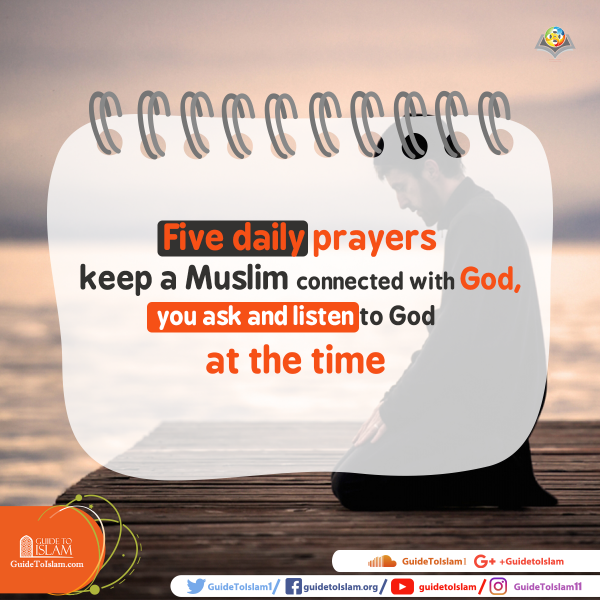
The Five daily prayers
Five daily prayers keep a Muslim connected with God, you ask and listen to God at the same time
